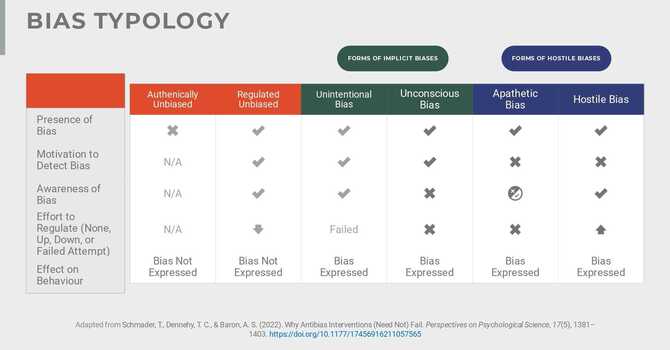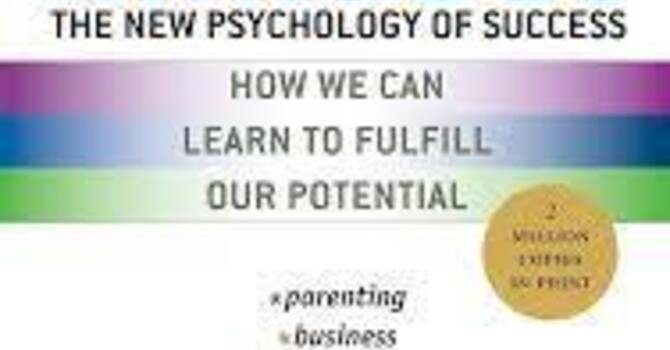
In the age of information, where data is often hailed as the new currency, a profound shift in perspective is emerging - "People don't have data; data has people." This paradigm challenges conventional notions about the relationship between individuals and the vast sea of information surrounding them. In this blog post, we will delve into the implications of this statement, exploring the assumptions we make when dealing with data, the balance between qualification and quantification, and the subtle influence of conformism in shaping our data-driven world.
People don't have data; data has people:
This thought-provoking statement underscores a fundamental shift in how we perceive the role of data in our lives. Traditionally, individuals were seen as the owners and controllers of their personal information. However, in today's interconnected world, where data is constantly generated and collected through various channels, it's becoming increasingly evident that individuals are not merely possessors of data but rather entities intricately woven into the fabric of the information landscape.
Assumptions in Data Usage:
We inevitably make assumptions every time we interact with data, whether as consumers or analysts. These assumptions shape our understanding and interpretation of the information at hand. Are we assuming that the data is complete and unbiased? Do we consider the context in which the data was collected? Acknowledging these assumptions is crucial as it enables us to navigate the complexities of data and make informed decisions based on a more nuanced understanding.
Qualification vs. Quantification:
The interplay between qualitative and quantitative data is a perpetual debate in the data-driven realm. While quantitative data provides numerical insights and statistical significance, qualitative data brings depth and context to the numbers. Balancing both aspects is essential for a comprehensive understanding. It's not about choosing one over the other but rather recognizing the synergy between qualification and quantification to gain a holistic view.
The Conformist Influence:
In a world increasingly reliant on data, there is an inherent pressure to conform to data-driven norms. Conformism in the data realm refers to the tendency to align one's decisions and behaviours with the prevailing data trends. While data-driven insights are valuable, blind conformity can stifle innovation and limit the potential for alternative perspectives. It's essential to balance leveraging data with maintaining the autonomy to question, innovate, and think beyond the confines of established patterns.
Conclusion:
It is imperative to question assumptions, strike a balance between qualification and quantification, and resist the pull of conformity. In doing so, we empower ourselves to harness the true potential of the data we collect while fostering a more nuanced and responsible data-driven society.
Chris Lalchan
Contact Me


